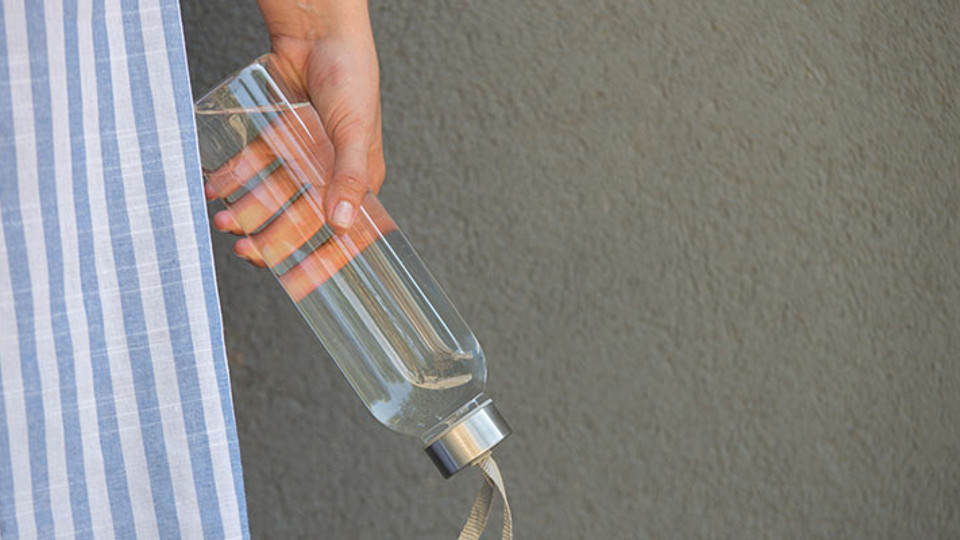
Most of us are slowly becoming more sustainability-minded as climate change comes to the fore and stylish reusable products flood the market. One big change is the drive to switch from single-use plastic water bottles to reusable options like stainless steel and glass.
But it’s not all about reducing our environmental footprint and saving money. Ditching plastic bottles and other disposable plastics could have a significant impact on your health.
Here, we look at the top reasons why you should consider ditching plastic disposable water bottles for your health and environment.
1. Only 20% of plastic water bottles are recycled
It may have the recyclable symbol on it, but of the 1 billion plastic water bottles that are purchased in Australia every year, only 20% of those plastic bottles are actually recycled.
The rest end up in landfill (if they make it) which may not seem that big of a deal until you discover that it’s predicted to take an average of 500 years before these plastic bottles are broken down.
2. 90% of ocean rubbish is plastic waste
The plastic bottles that don’t get recycled or placed into landfill sadly end up in our rivers and oceans. According to the Australia Marine Conservation Society, 8 million tons of plastic is dumped into our oceans each year risking the lives of whales, turtles and seabirds.
Single-use plastics in the oceans also compromises our health with more and more studies revealing plastics are entering the food chain and finding their way onto our plate and water bottle. A recent study has found on average we’re consuming 5g of plastic each week – that’s the size of a credit card!
3. Chemicals leaching from plastic bottles could be a health threat
It’s well-known plastic products including plastic water bottles that contain bisphenol-A (BPA) pose a health risk due to their ability to disrupt our hormones. Many manufacturers producing single-use and reusable bottles and containers have made the switch to BPA-free products.
However, there are now discussions about the dangers of harmful chemicals in BPA-free plastics leaking into food and drinking water. Plastic bottles made of polyethylene terephthalate (PET) may cause leaching of antimony when exposed to high temperatures such as sitting in your car or when there are cracks. While PET is approved by the U.S. Food and Drug Administration (FDA) and there is no solid evidence of health implications, the prospect of harmful chemicals entering your drinking water may be enough to make you switch to a reusable water bottle.
4. Used plastic water bottles may house bacteria
Many people will argue that it’s okay to use plastic water bottles because they refill them over and over. While this does help to reduce plastic waste, the danger is that you ingest bacteria like mould and fungi that like to grow in damp environments.
In fact, the bacteria content in bottled water increases substantially once it is opened whereas tap water had less of an increase. Generally speaking, single-use plastic water bottles are also more difficult to clean than water bottles that have been designed for reuse.
Here are a few tips when considering which reusable water bottle is right for you:
- Look for a drink bottle that is easy to clean and dishwasher safe
- Consider how durable it is
- Choose a size that won’t make the water bottle too heavy when full
- Sanitise your water bottle to avoid bacteria overgrowth
- Consider purchasing a high-quality water filter
There are several reusable options to carry your drinking water including hard plastic, stainless steel and glass bottles. Both are highly popular thanks to the elimination of single-use plastics and the extensive options of size and styles.




